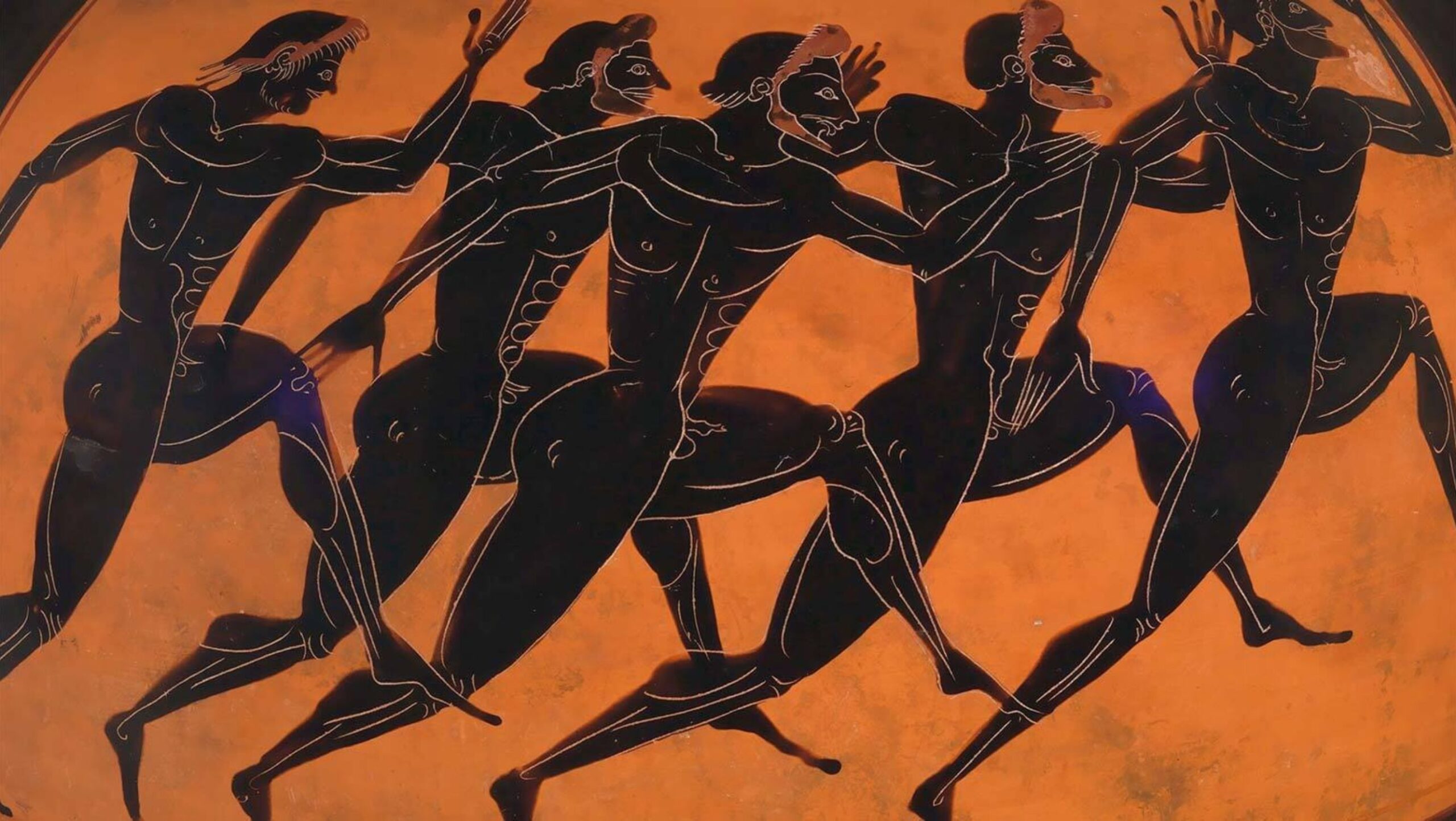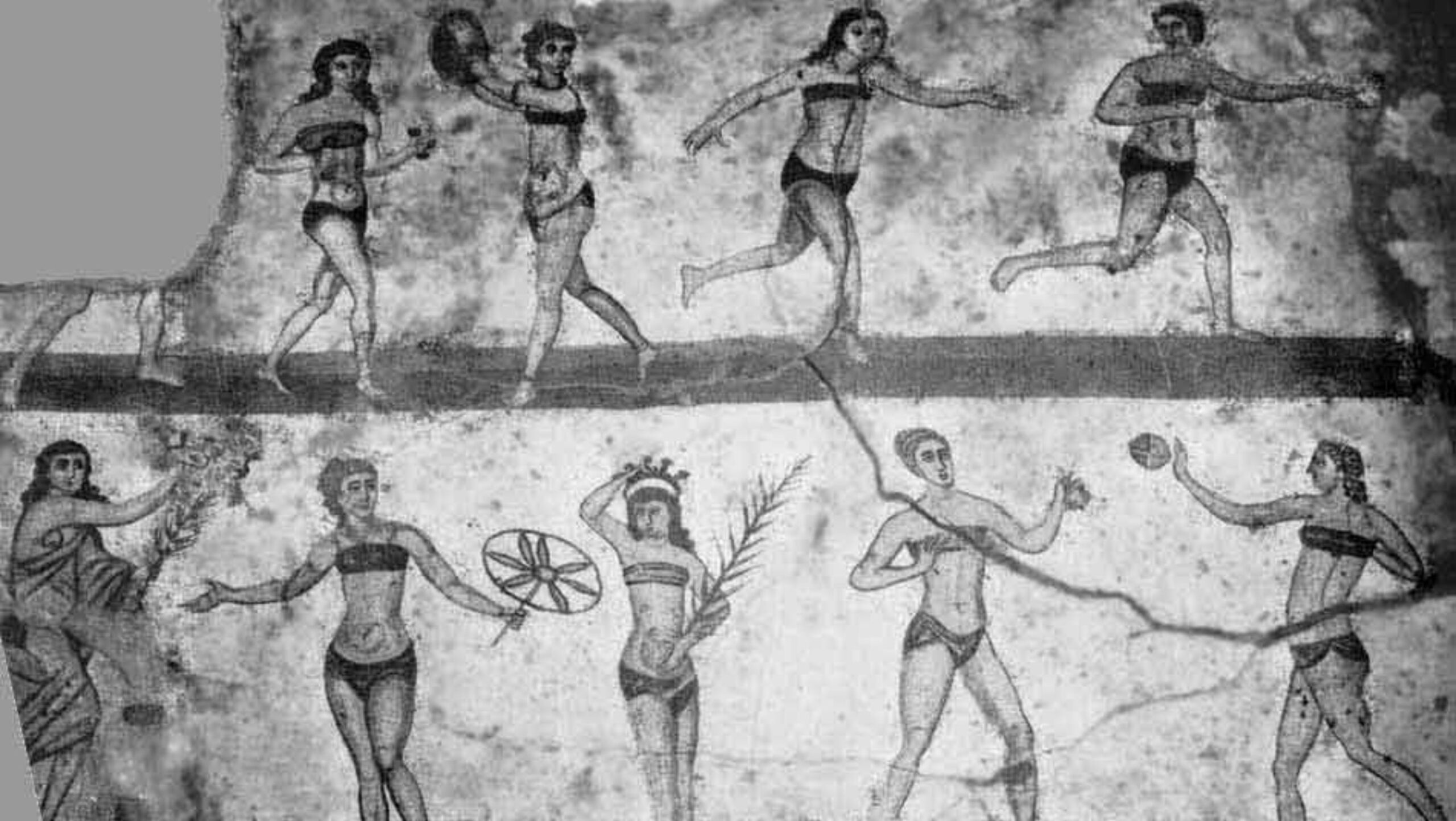Ever wondered about the grandeur behind the scenes of ancient Olympic games? The glitz might have faded into history books, but what remains is a rich tapestry of ancient Olympic rituals and ceremonies that shaped not just sports but civilization itself. These weren’t mere athletic contests; they were deeply woven into the fabric of Greek society, embodying religious fervor, political power plays, and cultural showcase all at once.
From lighting sacred flames to athletes swearing oaths by Zeus himself – these traditions set a benchmark for competitions worldwide. But beyond its spectacle lies stories of unity among city-states and reverence for gods that many overlook. It’s time we peeled back layers from this monumental piece of human heritage.
Table of Contents:
- Origins and Significance of the Ancient Olympic Games
- Rituals and Ceremonies of the Ancient Olympic Games
- Events and Competitions in the Ancient Olympic Games
- Participants and Eligibility in the Ancient Olympic Games
- Political and Social Impact of the Ancient Olympic Games
- The End and Legacy of the Ancient Olympic Games
- Conclusion
Origins and Significance of the Ancient Olympic Games: Ancient Olympic Rituals and Ceremonies

The ancient Olympic Games were a cornerstone of ancient Greek society, symbolizing a crucial part of its cultural and historical identity. These games were a spectacular display of athletic prowess and competition, but they were much more than a sporting event in Greece.
Religious Roots of the Games
The Ancient Olympic Games, held in Greece from ca. 776 BC to ca. 393 AD, were a religious festival held in a religious sanctuary. At its heart, the Games were not just a matter of playing sports, but a celebration tied to the worship of the gods.
Cultural Importance in Ancient Greece: Ancient Olympic Rituals and Ceremonies
Full of blood, passion and extraordinary feats of athletic endeavour, the Olympic Games were the sporting, social and cultural highlight of the Ancient Greek calendar for almost 12 centuries.
They provided a platform for athletes to showcase their skills, compete for glory, and offer their efforts to the gods, especially Zeus.
Influence on Modern Olympics
Some of the elements of the modern Olympic ceremonies date back to the Ancient Games from which the Modern Olympics draw their ancestry. An example of this is the prominence of Greece in both the opening and closing ceremonies. During the 2004 Games, the medal winners received a crown of olive branches, which was a direct reference to the Ancient Games, in which the victor’s prize was an olive wreath.
Rituals and Ceremonies of the Ancient Olympic Games: Ancient Olympic Rituals and Ceremonies
The games began with sacrifices and prayers to Zeus, the patron deity of the games.
In order to open a Games in ancient Greece the organizers would hold an Inauguration Festival. The first competition, an artistic competition of trumpeters and heralds, concluded the opening festivities.
Religious Rites and Sacrifices
The festival would conclude with the victors making solemn vows and performing ritual sacrifices to the various gods to which they were beholden.
Before the start of each event, athletes made prayers and sacrifices to gain the favor of the gods for victory.
Sacred Truce During the Games: Ancient Olympic Rituals and Ceremonies
For over one thousand years, the Greeks, and later the Romans, met at Olympia to celebrate the festival in honour of Zeus and ensure that the Games remained an important event. Olympia lay on the north-western corner of the Peloponnese (currently in the Western Greece Region).
Events and Competitions in the Ancient Olympic Games: Ancient Olympic Rituals and Ceremonies
There is evidence of dramatic changes in the format of the Ancient Games over the nearly 12 centuries that they were celebrated. Eventually, by roughly the 77th Olympiad, a standard 18-event program was established.
Track and Field Events
The three-mile [five-kilometer] dolichos was the longest running event in the early ancient games.
The combat events on the fourth day were very popular with the rank and file. The wrestling was similar to today’s Greco-Roman wrestling. But the boxing was more exotic. Guys pummeled each other to the head using their fists with leather thongs wrapped around them.
Equestrian Competitions: Ancient Olympic Rituals and Ceremonies
The chariot race was perhaps the most eagerly anticipated event. Why? It was the most aristocratic event. It was also very violent. Its the Indianapolis 500 of antiquity. If you’ve seen the Charlton Heston version of Ben-Hur, it gives you a very good idea of the nail-biting tension that was invoked by this event.
Participants and Eligibility in the Ancient Olympic Games: Ancient Olympic Rituals and Ceremonies
However, chariot owners were proclaimed the Olympic champion despite the fact that they were not the riders, so it was possible that women could win.
The ancient Greeks were very individualistic. Athletes represented themselves first and their city-state second. There was no second place in the ancient games, no Victorian ideals of a handshake and gentlemanly slap on the back for a game well played. If you lost, you’d scamper home through the back streets. Your mother wouldn’t even talk to you.
Participation of Women

Married [women] weren’t even allowed into the stands, though young women and virgins were allowed in. Fathers brought their daughters to the games hoping they would get married to one of the champions.
In Sparta there were women wrestling. There’s a great story of a Roman senator traveling from afar to see these Spartan women, who were legendarily beautiful and muscular. He got so excited that he jumped in the ring. We don’t have any records of whether he won or lost.
Notable Participants: Ancient Olympic Rituals and Ceremonies
Emperor Nero comes to the games and wins the chariot race, even though he falls out of the chariot. That was the low ebb, really.
Political and Social Impact of the Ancient Olympic Games
The Olympic Games were the most important cultural event in ancient Greece and they ran for 293 consecutive Olympiads.
The victory celebration, elements of which are in evidence in the modern-day medal and closing ceremonies, often involved elaborate feasts, drinking, singing, and the recitation of poetry. The wealthier the victor, the more extravagant the celebration.
Political Significance
Perhaps the most inspiring ancient ideal was the moratorium on war during the games, a sacred truce that allowed travelers to safely get to the games. But the ancient Greeks were not as idealistic as to try to stop all wars. They just didn’t want anything that interfered with the operation of the games. If you wanted to have a war in Sicily, the truce wouldn’t stop you at all.
Social Implications: Ancient Olympic Rituals and Ceremonies
Prostitution was rampant. Women were brought in from all over the Mediterranean. It’s been said that a prostitute could make as much as money in five days during the Olympics as she would in the rest of the year.
The End and Legacy of the Ancient Olympic Games
In A.D. 393, the Roman emperor Theodosius I issued an edict banning the ancient games as pagan festivals. The last reported victor at the Olympic games was Zopyros, a boxer from Athens, in A.D. 385. Yet inscriptions and literary sources confirm that athletic games continued into the early fifth century at prestigious venues, including Olympia and Athens.
The end came as an incredible shock to the ancient Greeks’ psyches. They assumed quite logically that the games would go on forever.
They ended when the Christian emperor Theodosius I bans all pagan festivals. The Christians hated the Olympic Games—the celebration of the human body, these guys running around naked, drinking, fornicating, the whole bit.
Influence on Modern Olympic Revival
Nearly a millennium and a half later, the Olympics returned, reviving the ancient spirit of competition and community on a global scale. Appropriately, the opening ceremony for the first modern Olympics took place in Athens in the Panathenaic Stadium, originally constructed in the fourth century B.C., which had been restored for the occasion.
Key Takeaway: Ancient Olympic Rituals and Ceremonies
Dive into the heart of ancient Greek culture with the Olympic Games, a blend of athletic prowess and religious devotion. From sacrifices to Zeus to olive wreath crowns for victors, these games were more than competition—they were a sacred tradition binding society, influencing even today’s Olympics.
Conclusion: Ancient Olympic Rituals and Ceremonies
In our journey through time to uncover Ancient Olympic rituals and ceremonies, we’ve unraveled more than just historical events; we’ve discovered pillars upon which much of modern sport stands today.
The torches may no longer be lit in Olympia’s ruins, nor laurel wreaths crown today’s champions’ heads, yet each medal ceremony echoes those very traditions started millennia ago. This exploration wasn’t just about understanding how things were done ‘back then’ — it was a reminder that even as centuries pass like sprinters on tracks laid long before us — some things remain timeless.
We might have come far since those days when victory meant an olive branch instead of gold medals or endorsement deals, but let’s remember – it’s always been about pushing limits… And maybe that’s why people gather around arenas (and screens) thousands of years later, rooting for someone to break past them again.

